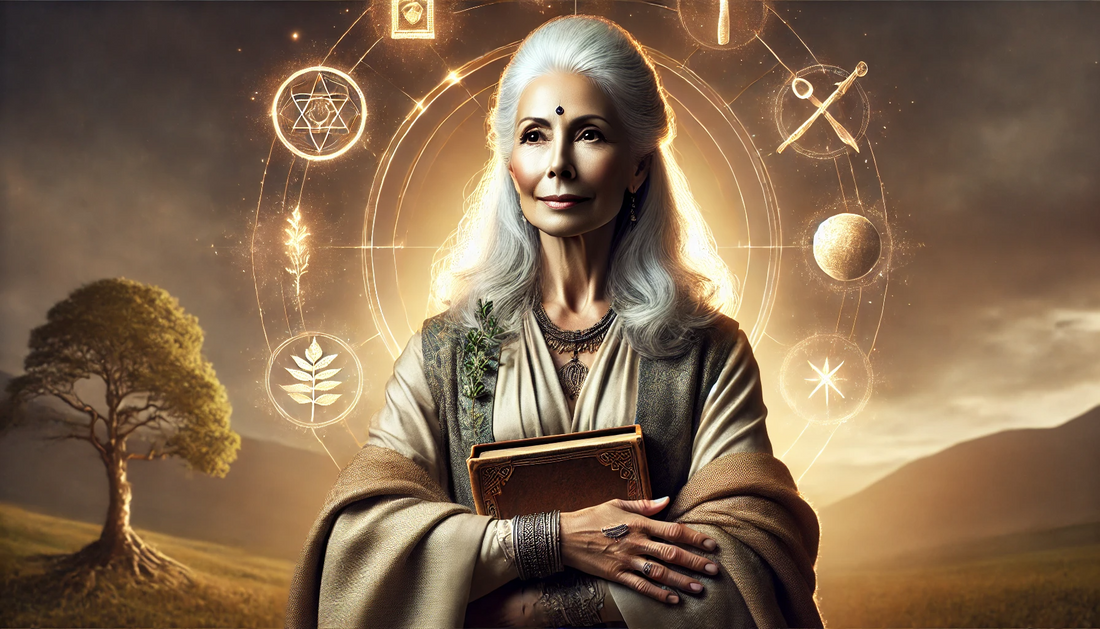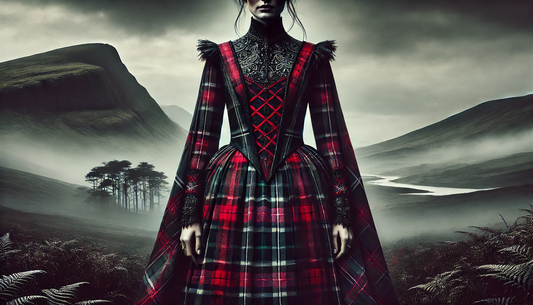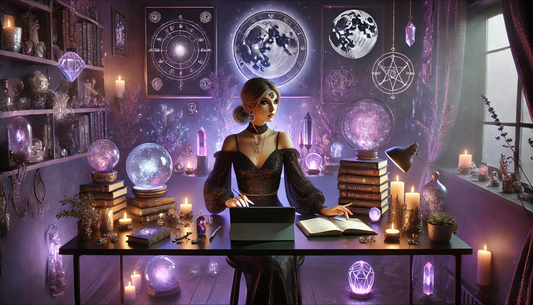Who’s the real MVP of human evolution? Spoiler alert: it’s not men, it’s not young women, and it’s definitely not the guy who “discovered fire.” It’s menopausal women. Yup, hot flashes saved humanity. Don’t believe me? Keep reading.
Menopause, often dismissed as some cruel biological joke, is actually a masterstroke of evolution. It’s not a flaw; it’s nature’s way of saying, “You’ve done enough making babies because it's super dangerous—now it’s time to run the world.” And run it they did. Without older women stepping out of the reproductive game and into the role of community anchors, humanity might have called it quits ages ago. This idea isn’t just feminist wishful thinking—it’s backed by science. Enter the Grandmother Hypothesis, a theory that says humanity owes its survival to older women who traded childbirth for childcare, wisdom-sharing, and, frankly, saving everyone’s butts.
The Grandmother Hypothesis is as brilliant as it is simple. Somewhere along the evolutionary timeline, menopause showed up and said, “Instead of rolling the dice with childbirth in your 50s because you have a good chance at dying, why don’t you stick around, live longer, and help keep your grandkids alive?” Turns out, this wasn’t just a solid plan—it was a game-changer. Anthropologist Kristen Hawkes and her colleagues studied hunter-gatherer societies, like the Hadza in Tanzania, and found that grandmothers’ contributions to foraging and childcare directly boosted their grandchildren’s survival rates (Hawkes et al., 1998). Essentially, grandma’s wisdom and work ethic made her indispensable, proving that having an experienced adult around to say, “Don’t eat that, it’ll kill you,” was a lot more valuable than one more baby in a bassinet.
And let’s talk about childbirth for a second. Pregnancy past a certain age is like playing Russian roulette with your life—and back in the day, surviving childbirth didn’t guarantee you’d make it through toddler tantrums or saber-toothed tiger attacks. Menopause basically said, “You’ve got bigger things to do,” freeing older women to focus on thriving instead of surviving. The result? Post-reproductive women became the CEOs of early human societies. They managed resources, taught life skills, and kept everyone alive while men were off hunting mammoths and probably missing.
This shift didn’t just help individual families—it supercharged humanity’s population growth. Grandmothers didn’t just help raise kids; they allowed mothers to have more children without worrying that the older ones would starve. In evolutionary terms, this was like hitting the jackpot. A study by Sear and Mace (2008) found that children with active grandmothers were healthier and had higher survival rates. With grandma on the scene, moms could focus on popping out the next generation, while the elder matriarchs made sure no one fell into a fire pit.
But it wasn’t just about babysitting, hunting and berry-picking. Grandmothers were the knowledge-keepers, passing down everything from how to build tools to what plants to use for medicine. They taught survival skills, cultural traditions, and probably how to avoid the dumb mistakes that could get you killed proving once again that women were the backbone of civilization.
This isn’t just a human phenomenon, either. Orcas and pilot whales—two other species where females live long past their reproductive years—show us how menopause can be a superpower. Older female orcas lead their pods, using decades of ecological knowledge to guide their groups to food and safety (Brent et al., 2015). Coincidence? I think not. Menopause isn’t nature’s way of saying, “You’re done.” It’s nature’s way of saying, “You’re promoted.”
Despite all this, society still clings to the ridiculous idea that menopause is some kind of weakness. Let’s be real: if men had menopause, we’d have 57 FDA-approved treatments, dedicated hot-flash halftime breaks during football games, and support groups on every street corner. Instead, we get crickets—and stigma. It’s absurd. Menopause isn’t a curse; it’s proof that women don’t just survive—they evolve.
And let’s talk about the modern grandmas. Today, they’re babysitting, mentoring, and, oh yeah, running marathons and leading social movements. They are the glue that holds families—and, frankly, society—together. Yet somehow, their contributions are overlooked. The Grandmother Hypothesis challenges this notion, reminding us that menopausal women aren’t just valuable—they’re vital.
So let’s debunk the myth of the “weaker sex” once and for all. Menopause is a mic drop moment, a biological flex that says, “We’re not here to just survive; we’re here to lead.” Without menopausal grandmothers, humanity might still be in the Stone Age—or extinct. They are the reason we’re all here.
Menopause isn’t a punishment. It’s an evolutionary power move. It’s nature’s way of ensuring that women can stop risking their lives in childbirth and start shaping the future. The Grandmother Hypothesis proves what we’ve always known: women—especially older women—are the reason humanity survived. So next time you see a menopausal woman, don’t just offer her a fan. Say “thank you.” You literally owe her your existence.
References
- Hawkes, K., O’Connell, J. F., Jones, N. G., Alvarez, H., & Charnov, E. L. (1998). Grandmothering, menopause, and the evolution of human life histories. Proceedings of the National Academy of Sciences, 95(3), 1336–1339.
- Sear, R., & Mace, R. (2008). Who keeps children alive? A review of the effects of kin on child survival. Evolution and Human Behavior, 29(1), 1–18.
- Brent, L. J., Franks, D. W., Foster, E. A., Balcomb, K. C., Cant, M. A., & Croft, D. P. (2015). Ecological knowledge, leadership, and the evolution of menopause in killer whales. Current Biology, 25(6), 746–750.




